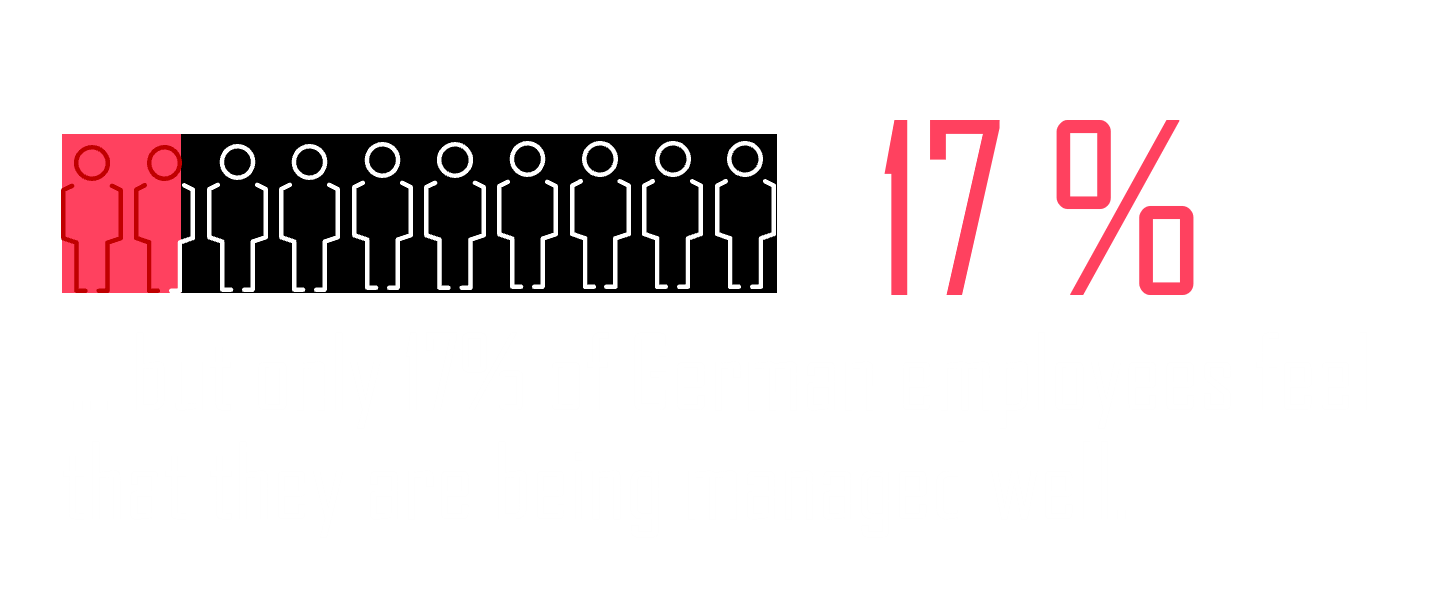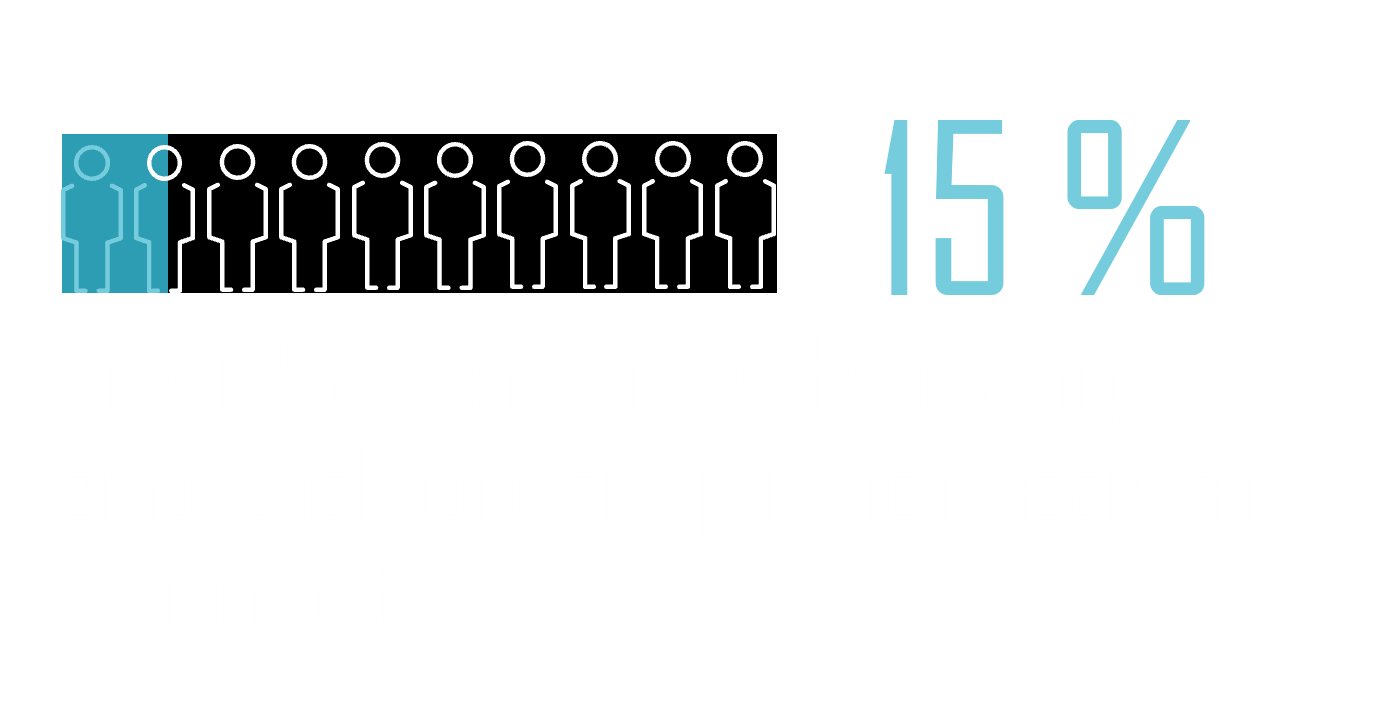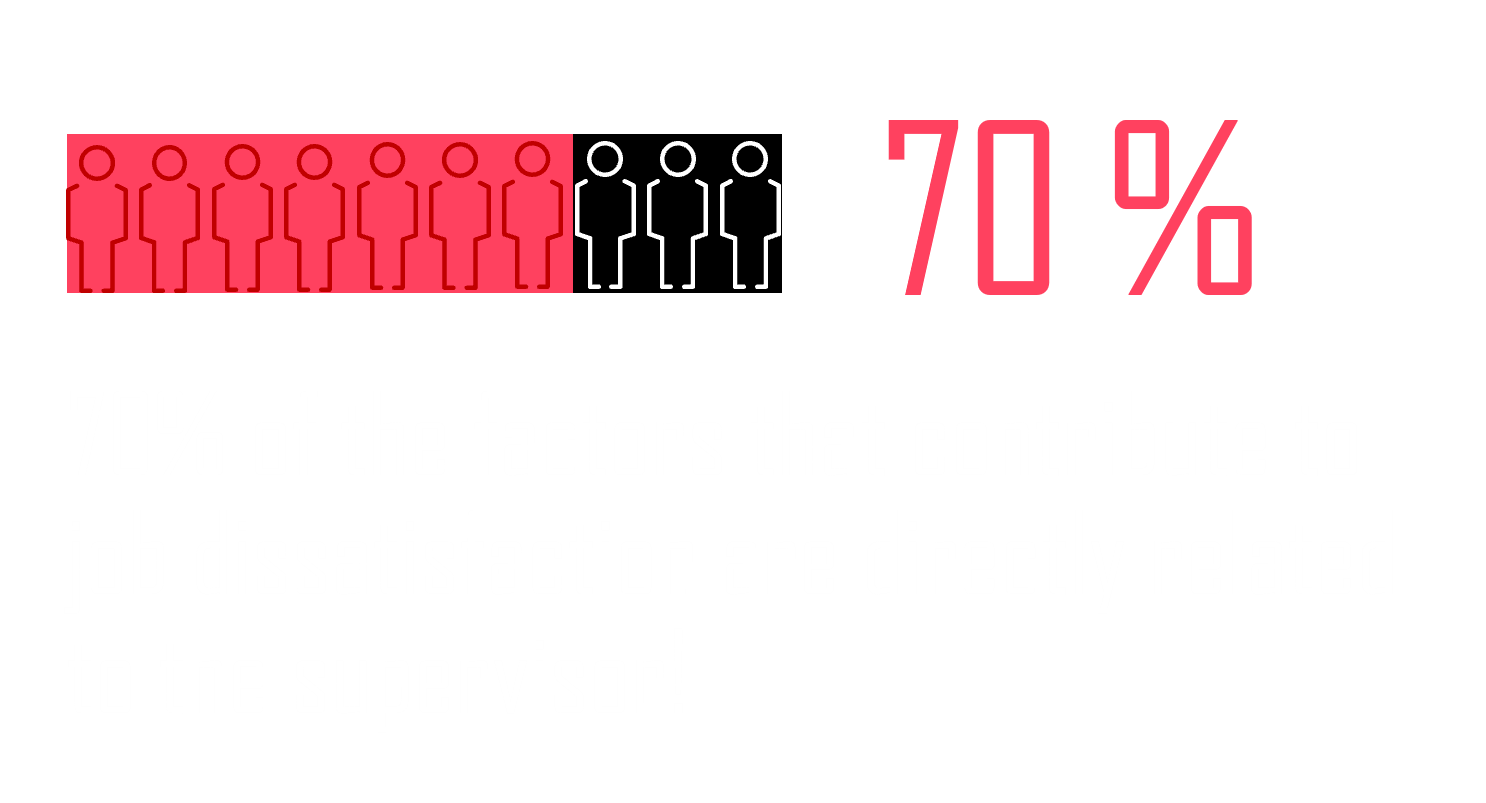Success factor "leadership"
Leadership is the ability to accompany people in everyday work and in challenges, in phases of change, in projects, or in their own development, like a coach.
The cohesion of a team, the level of motivation and the willingness to help each other and the associated interest in colleagues is heavily dependent on the leadership skills of a manager.
Outstanding leaders inspire their employees, get hands-on and motivate the group.
Leadership turns a department into a team, the goal into an adventure and everyday business life into an experience.
"Leadership requires a change in 'consciousness' and is a 'lifelong journey to self' because it all starts with 'me'.
Take this journey with a lot of humor, because this mindset will help you not to get distracted by "things from the outside" along the way. This journey is not meant for cowards. This journey is made for people who will never, under any circumstances, be dissuaded from what they truly believe.
I can promise you one thing - your ego will tell you for sure that you should turn around and that this is all "total nonsense". Will you do it? Or will you really surpass yourself as a leader so that at the end of your journey you know that you have reached your maximum potential."
Jennifer Hahn
CEO – Rabl & Hahn

Even if sales are steadily increasing, the company has a low turnover rate and the sickness rate is consistently low - tasks and priorities change. Nothing is as constant as change.
There are many managers who are excellent specialists in certain areas and that is exactly why they are so successful.
But we must be aware that leadership is what drives the success of a company.
A "leader" decides through his attitude/his vocation whether his team will develop into a high-performing team and is a service provider for his organization.
The essential question that we at Rabl & Hahn keep asking ourselves and that we also regularly question, is how do you coach or train managers in the long term?
What is the best way to support managers in integrating leadership as a vocation into their own nature (passing over into flesh and blood)?
The coaching and training of executives is what we love and this skill is our daily bread:
We coach managers by transferring knowledge, we supply them with the most important tools, support them and accompany them in their everyday work.
The will to establish leadership as a vocation in one's own nature and the unshakable will to constantly develop oneself "must" come from the manager himself.
Because change in leadership always starts with yourself. Use your potential to become the best version of yourself!
We have developed practice-oriented and interactive programs in numerous organizations and have found that leadership also means adaptation and is a never-ending journey of change.
So what's the best way to start? How do you train leaders when an organization has thousands of employees and hundreds of leaders?
Ultimately, it is important to anchor decentralized leadership in the company so that good leadership becomes the standard and spreads itself throughout the organization. You "have to" create a knowledge base and create role models that employees can look up to and follow voluntarily and with motivation. Because new managers will always come on board and they must also be able to be taken along on the journey – without a great deal of work. Otherwise the once good idea will burst like a soap bubble.
And that is exactly the mission of our leadership workshops: Dedicate ourselves intensively to these topics, laying the foundation together and creating role models for leadership in your company.
What the Denzel Group says about the Rabl & Hahn Leadership Workshop ...
"Philipp Hahn manages to bring people to a new level of mindset in a short time and to prepares them for the requirements of the future in terms of market and leadership. The two days with him were a gift."
Werner Kaltenböck, Retail Manager [Denzel Group]
"With his inspiring personality, Philipp Hahn manages to initiate a change of perspective and allows new perspectives even with experienced leaders...! With his gift of transforming people, he has opened up a new level of consciousness in our group."
Barbara Weiss, Head of Personnel Development and Recruiting [Denzel Group]
"You have the gift of taking 36 people's mindset to a new level. You helped us believe in our ambitious goal. We came separately and leave together with a big picture. The two days showed me what such an inspiration can move."
Site manager
[Denzel group]
"The workshop was top notch! Lots of insights and everything super tangible, as is required in 2023 and in the 22nd century. Many insights that can be linked to the problems in everyday life.
I am really looking forward to the documents and would like to do two more days."
Site manager
[Denzel group

Depending on your needs, we offer different formats of leadership workshops.
- Compact impulse workshop [1 day]
- Compact workshop incl. first working sessions [2 days]
- Intensive workshop & follow-up
[5-7 days]
Our workshop concept consists of key notes for knowledge transfer and explanation of the context as well as interactive elements.
In group sessions and individual reflections, what has been learned is applied and implemented immediately.
In the following you will find a first overview into the possible components of our leadership workshop:
The essential reaction quality that we want every leader (and everyone else too) to have is the "Great" mentality. We cannot control our opponent. What we can control are our behavior patterns.
There is a space between stimulus and response. In this space lies our power to choose our reaction, the reaction space. You can't change anything about the stimulus itself. However, even in a very difficult situation, one is not completely at the mercy of the other.
Everyone has a choice in how they react when they are consciously aware of this reaction space.
You don't have to react according to a predetermined pattern, because you have the power to decide how you use your reaction space.
As a “leader” it is better not to react emotionally at first. There is an area in our brain that is responsible for reasoning, the prefrontal cortex. When it is in action, we can think clearly, plan and find solutions. This great instrument is turned off as soon as strong feelings overwhelm us.
If something bothers you, confront yourself with this topic to find out what is causing it and let your counterpart know. Find out why it bothers you in the first place, because only then can you tackle the cause.
Despite all this knowledge, we very often let our feelings take the place of thinking these days. We feel the emotions rising, ignore the underlying causes that trigger them, and then let our feelings and behaviors run wild.
Does it matter what other people think? That's right - it really doesn't matter what other people think. But whether this statement corresponds to reality, you decide for yourself. You make the decisions in your life. Others would make the decisions differently.
As a manager, however, you get little feedback due to the hierarchical structure. As a “leader”, it is therefore advisable to initially take any feedback seriously. Especially when it affects a larger part of the company.
But how do you deal with bad news, crises, setbacks, failures, delays, defeats or other catastrophes? There is a simple way of dealing with such situations, which can be summed up in one word: "Great"
Through this radical acceptance and acceptance of the current state, you activate an inner peace with reality and can now use your energy to change your situation somewhat.
The leadership wheel developed by Rabl & Hahn provides a good overview of what is required of an outstanding leader. While ownership is of course the focus, it is also important to analyze the other components and implement them in daily activities.
Managers should be familiar with the three types of leadership as well as the five principles of self-esteem and the five behaviors.
The Leadership Cycle already shows how complex leadership actually is. While the individual elements are considered in detail in the intensive workshop, we will cover the most important points in the compact workshop already.
But one thing is clear, leadership is a long journey that doesn't end after just a few workshops.
Leadership Cycle
The ability to inspire people and bring out the best in themselves, grow and guide them to meet powerful challenges together.
The aspects of the leadership cycle have already been mentioned above. During the workshop, we will go into detail about the individual components.
Here we would like to show an excerpt of the 5 principles of self-reliance, namely the topics "Present & Emphatic":
While a leader does not need to be an expert in every area of their job or sphere of activity, they do need at least a reasonable level of interest in all aspects.
Nowadays, employees should be aware of the real interest of the manager.
In order to achieve this, you have to be informed about what employees do in their everyday work, even if you have not internalized everything in detail with regard to their specific work.
Managers should show their presence, especially in times of crisis - but especially in times of crisis we very often observe that this does not happen because the superiors themselves are insecure.
If the distance is too great and you don't understand the problems employees have to deal with every day, you lose them.
Presence promotes cooperation at eye level for everyone involved.
If you do "check-ins" with the employee, you should not be stingy with praise if you are impressed by the results of employees.
Being present (paying attention to others) and understanding the challenges of the employees and actively supporting them in their work means that you act with them in the team on an equal footing.
Regular "proximity" improves communication, avoids overtime and helps to identify conflicts in the team at an early stage. Because complex, social conflicts lie dormant in most departments and can also go far beyond the team level - for example between entire organizations or countries.
One should not confuse presence with constant control (micro management). This puts employees under unnecessary pressure and is no longer appropriate in modern leadership. Rather, it is about appreciation and interest. Instead, managers should be able to rely on the skills of their team and always promote social exchange.

This session is about the honest self-assessment of managers.
On the one hand about their personal self-assessment, i.e. their level of maturity as a manager, and on the other hand about the cohesion of their teams.
Only on the basis of a realistic assessment can there be room for improvement.
An excursion into brain research is an integral part of our workshops.
We consider it essential to understand, as a first step, what is going on in the human brain and what influence different (stress) situations have in everyday work life and how they affect us consciously or unconsciously. In short: why do we react the way we react?
Here is a little insight into the limbic system: We take in information about the outside world through our senses, i.e. through our eyes, ears, nose, skin and tongue.
This information is collected and sent to the thalamus. It acts as a control center and decides whether information is relevant or irrelevant.
Or...whether it's dangerous or not. Everyone reacts differently to situations. Our brain decides when to attack or retreat – depending on how we are shaped by our past. And we can partly control and influence that.
At the end of the workshop, what has been learned is "reviewed" together. It is important to adopt a final and uniform understanding of leadership and to ensure that it is anchored in the company in the long term.
To ensure that what has been worked out does not fizzle out, concrete measures are recorded as part of an action plan and progress is checked at regular intervals. If required, Rabl & Hahn is available for follow-up workshops and check-ins.




